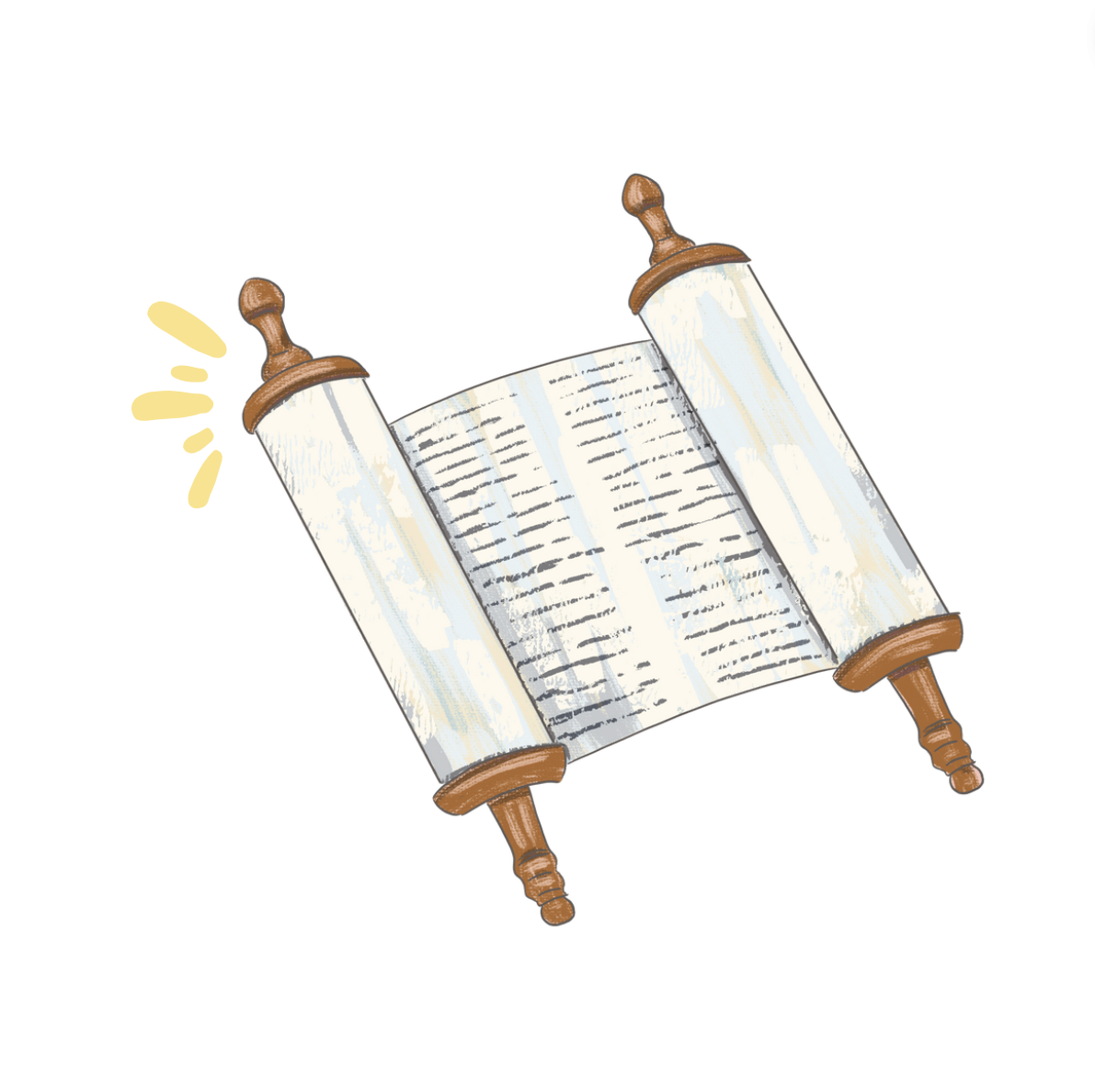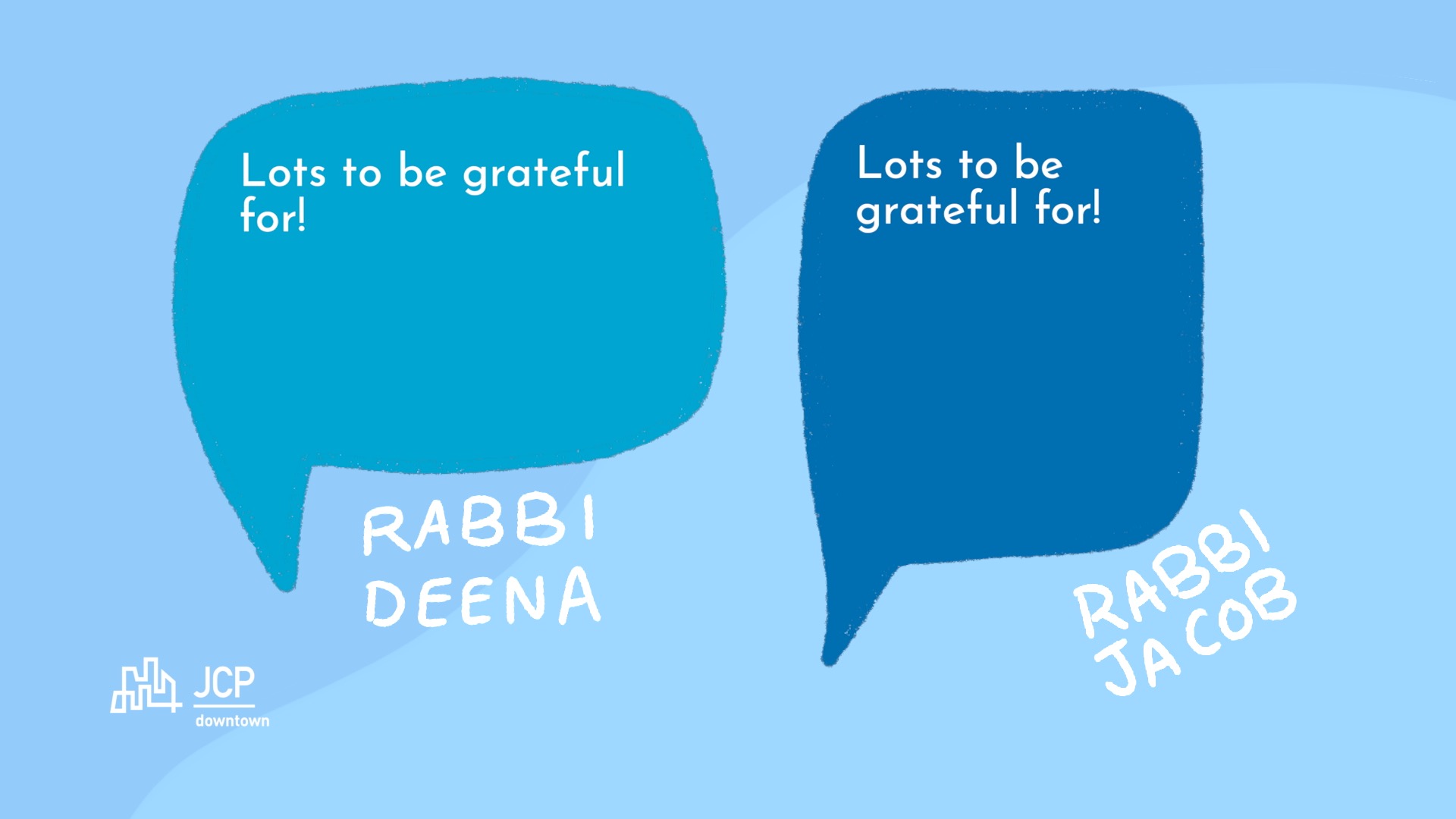My friend’s uncle always concludes their family seder by saying, “Next year in Jerusalem… or Scarsdale!” By subverting the classic “l’shanah haba’ah b’yerushalayim” or “next year in Jerusalem,” he points out the curious ending to our festive seders through his lighthearted humor. After a delicious meal full of celebration, song, and discussion– perhaps even reflections on different highlights from the Haggadah– we end with a wish that we do it all over again next year… But in Jerusalem. As I’ll explain below, we can understand Jerusalem literally, metaphorically, or some combination of the two. But either way, we finish the seder in stereotypical Jewish fashion: without a neat resolution.
When we reach this last line of the seder, many might think of Jerusalem as the modern city in Israel. Throughout Jewish history, Jerusalem has always held major real estate in the Jewish consciousness. In the Hebrew Bible, Jerusalem is the capital for the Kingdom of Judah and the central location for Jewish life through festivals, worship, and sacrifices. After Jews were exiled in the year 70 CE, Jerusalem became a centerpiece of Jewish yearning as prayers for a return to Jerusalem were codified into daily prayer services. Fast forward to 1967: Israel controlled all of Jerusalem after the Six Day War from whence it has since continued to grow in culture, spirit, and conflict. There is also an undercurrent of Jewish messianism throughout all of these eras in which Jerusalem is the location of Jewish reunification and paradise when the Jewish messiah arrives. In any of these forms, “Next year in Jerusalem” refers to the city itself.
Jerusalem has also been an important metaphor throughout Jewish tradition. In Hebrew, Yerushalayim could mean “City of Peace,” which some understand as a general time and place in which peace is possible. The Talmud (BT Taanit 5a) refers to a Yerushalayim shel Malah, or Jerusalem Above, that exists in a heavenly realm. Author Dara Horn calls Jerusalem an “emotional space that maps onto personal dreams and desires” in her scholarship on modern Jewish literature where Jerusalem is often a metaphor for an ideal of personal meaning, purpose, and fulfillment. Over thousands of years of time and tradition, Jerusalem has developed as a metaphor alongside its growing layers of stones and civilization.
Poet Yehuda Amichai suggests that the literal and the metaphorical Jerusalem are inherent in its name, since Yerushalayim is in the Hebrew grammar form for doubles. Whether you think of the city or the metaphor that Jerusalem represents, or both, it holds a similar sense of incompletion. The literal city of Jerusalem is currently facing significant political turmoil as it serves as a battleground for the future of Israel. The metaphorical city of Jerusalem remains an unrealized ideal. Without certainty or closure on what “next year in Jerusalem” could possibly look like, all we can do is appreciate our family and friends around the seder table at this moment, in our respective locations, and the deep sources of wisdom that the Jewish tradition provides on Passover. Right here and right now is rich with meaning while we wait. Hopefully, next year too.
Shabbat shalom and Happy Passover,
Jacob


